We are a platform that recommends the best local businesses in our city and puts their potential clients in touch.
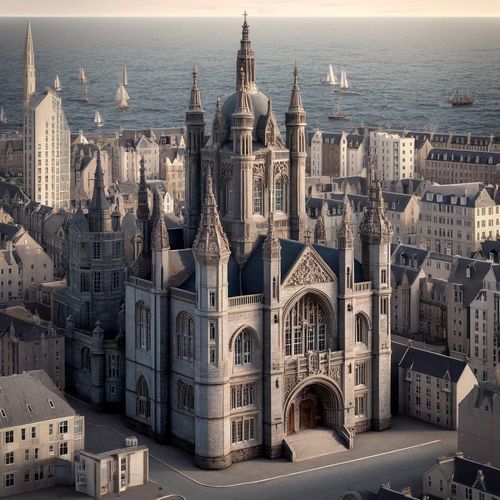
UK Aberdeen

UK Belfast

UK Birmingham

UK Bolton

UK Bournemouth

UK Bradford

UK Bristol

UK Cardiff
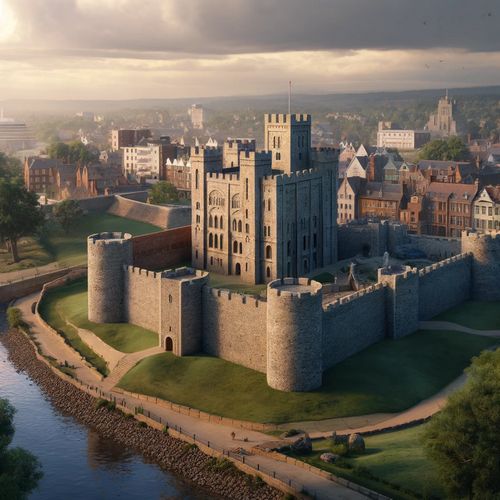
UK Colchester

UK Coventry

UK Derby

UK Dudley

UK Glasgow

UK Kingston

UK Leeds

UK Leicester

UK Liverpool

UK London

UK Luton

UK Manchester

UK Miltonkeynes

UK Newcastle

UK Northampton

UK Nottingham
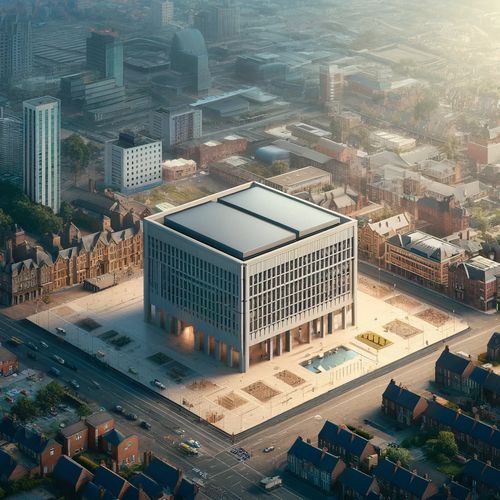
UK Oldham
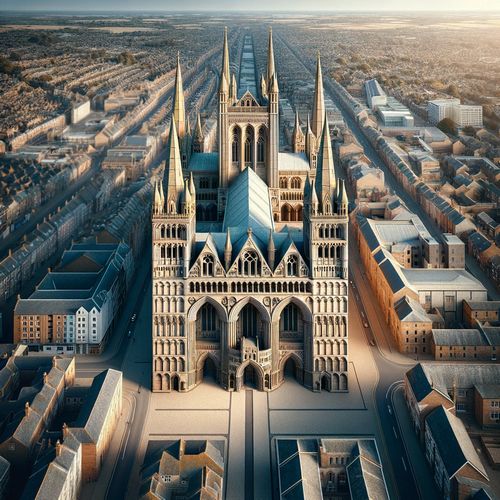
UK Peterborough

UK Plymouth

UK Portsmouth

UK Reading
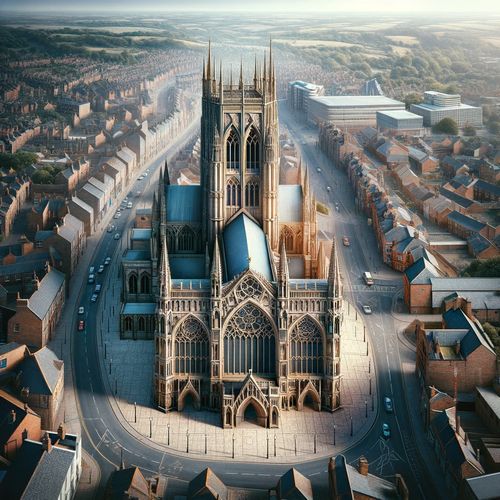
UK Rotherham

UK Sheffield

UK Southampton

UK Stockport

UK Stokeontrent

UK Sunderland

UK Swansea

UK Swindon
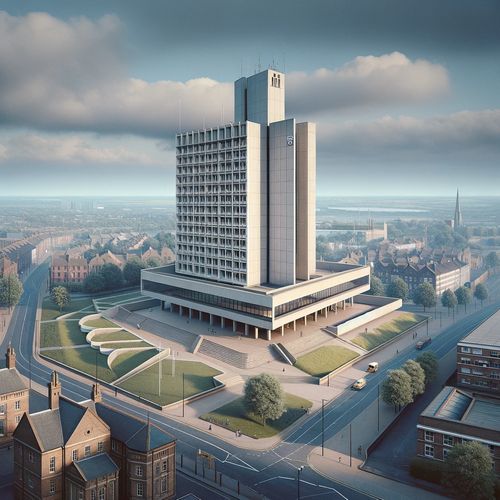
UK Walsall

UK York
We are going to recommend the best verified businesses, our information is updated 24 times a day.
We will tell you the offers and news that each business in your town has.
You can contact the business to ask if it offers exactly what you are looking for.
Accurate business descriptions made by our experts and with the most outstanding reviews from countless platforms and social networks.

Online visibility so that future clients in your area can find you.

Announce news and offers to all your neighbors without them having to pass in front of your business.

Seal that accredits you as one of the best in your city.


Excellent pokeball, it is delicious and you also have many options to choose from.


Delicious durum with a touch of spice unlike any other I have tried.


The bread is delicious! It shows that it is fresh and artisanal. There is a lot of love behind it.


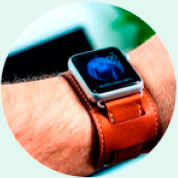



![]()
Warning: Undefined variable $path2 in /home/unitedkingdomlovers.uk/htdocs/index.php on line 632
Sitemap 2025 / unitedkingdomlovers.uk